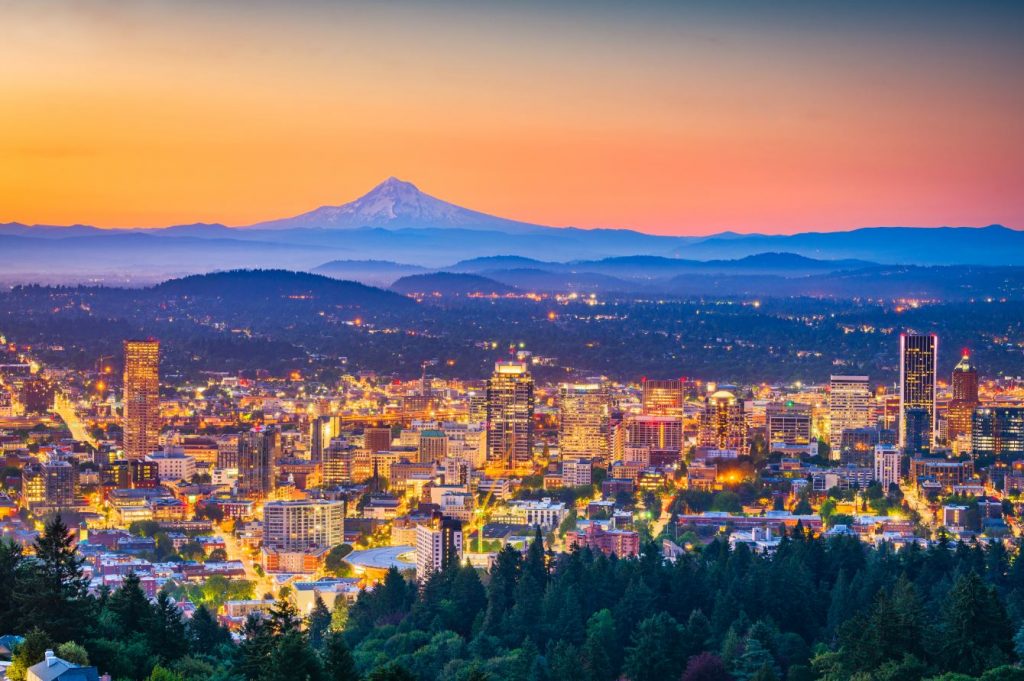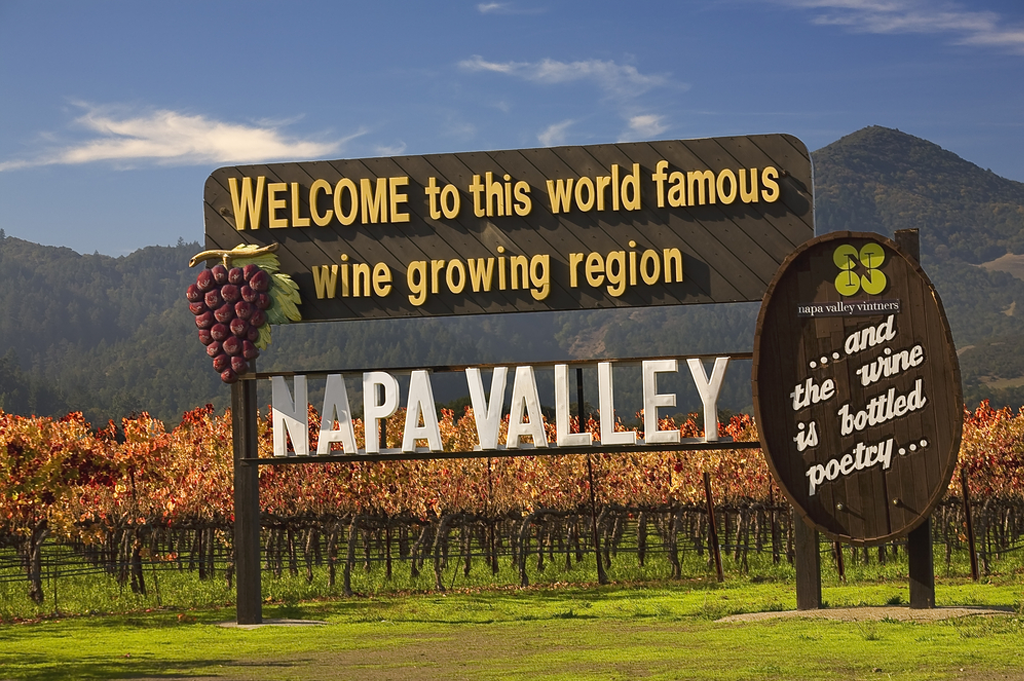I believe in the transformational power of travel. As a result, four years ago I pledged to start every presentation, classroom session, webinar, and public talk with a brief discussion of the importance of the travel industry. It struck me that we have witnessed three tectonic impacts from the growth of the tourism industry: positive results for the Economy, Employment, and Experiences – the Three E’s of Tourism. But with this ever evolving industry, is a fourth E on the horizon?
Economic
The economic impact of tourism cannot be overstated. According to the 2018 U.S. Travel data, domestic and international travelers spent nearly $1.1 trillion in the United States. It is also worth noting that travel is America’s second largest industry export after transportation equipment. Domestic travelers alone spent $933 billion (a 5.8% increase from 2017), and international travelers spent $156 billion in the U.S., up only 0.3% from 2017. It is known that travelers produce “multiplier” impacts on the U.S. economy, as well. As a result of spending in local areas by the employees of travel businesses and their suppliers, additional sales are generated: induced output. In 2018, the total travel related output hit $2.5 trillion. Along with lodging taxes, visitors contribute directly to a destination’s tax base by paying excise taxes and indirectly contribute to income, property and corporate taxes by supporting local businesses. This also means the average tax burden on the household’s within the destination is reduced, on average by about $1,300 per year.
Employment
Travel employment grows considerably faster than the rest of the private sector. The 2018 U.S. Travel data records that in total, there were 15.7 million jobs supported by travel in 2018. Visitor spending was recorded to have directly supported 8.9 million jobs, generating $268 billion in payroll income and $171 billion in tax revenues for federal, state, and local governments. Every $1 million in sales of travel goods and services directly generates eight jobs for the industry. In contrast, every $1 million in total non-farm industry sales creates five jobs on average. Common employment opportunities that result directly from tourism include those in restaurants, hotels and resorts, bars, tour and sightseeing, and transportation. More indirectly, tourism also creates positions in the medical, security, and engineering fields. It’s no secret that this industry creates immense amounts of opportunity for society, and these trends will continue to grow as we move into the future.
Experience
Traveling to a new city, state, or country will inevitably provide you with eye-opening experiences. Travel can aid in breaking down cultural barriers and encourage international connections that could not have been made otherwise. When traveling, meeting new people who may have a different set of skills or resources could also draw new investment opportunities. But travel does not only benefit the traveler, your dollars spent within that new destination also supports infrastructure, transportation, and attractions for the locals. Furthermore, while traveling with family and loved ones, these new amazing experiences lead to enhanced moods and contribute to general well-being. As Mark Twain had said, “Travel is fatal to prejudice, bigotry, and narrow-mindedness, and many of our people need it sorely on these accounts. Broad, wholesome, charitable views of men and things cannot be acquired by vegetating in one little corner of the earth all one’s lifetime.” The gift of experience and memories outweighs any gift you could wrap in a box.
The effects of travel and tourism have been expanding into many sectors of society. So much so, that it may be time to add a fourth E to the mix:
Environment
In our quest to develop stable, reliable and dedicated funding for destinations, we have doubled, tripled, and even quadrupled marketing budgets. We have reinvigorated lagging sales efforts and we have marshaled the resources to help DMOs develop record-setting new events. Both these improved resources and the additional activity brought by success contribute to awareness of environmental impacts. As Paula Vlamings, Chief Impact Officer of Tourism Cares, stated to Forbes in September 2019, “Sustainable tourism is important because the alternative is unsustainable: polluted beaches full of plastic, dead coral reefs with no fish, increasing crime, unwelcoming locals or disappearing cultures and wildlife.”
Clearly, such conditions degrade a destination and destroy its appeal to residents and visitors alike. Never passive, ever forward-looking, DMOs are engaging in another monumental and positive trend: leading the way to be good stewards of the environment. When DMOs are seeking new funding they are not doing so just for promotion, they are also seeking funds for sustainability. One of our clients has done just that: Monterey County. The funds from their TID has allowed them to implement their Sustainable Tourism campaign. One look at their website illuminates the importance of this movement: “Sustainability isn’t just a buzz word in Monterey County, it’s a way of life. Our community takes pride in its collective efforts to put sustainability into practice every day. Whether it’s a conservation program at the Monterey Bay Aquarium or a local restaurant that encourages employees to clean up the highway, many hotels, restaurants, attractions have their own sustainability programs and practices. We encourage our visitors to join us and to help keep our destination pristine for generations to come.” Over the past two years, we have witnessed an unprecedented commitment to dedicate resources to sustainability, another benefit made possible by well-planned funding.
The tourism industry continues to positively impact many facets of society. Lowering tax burdens on households in destinations, generating employment opportunities, and contributing to the enhancement of the human experience; the industry has been relentless in its growth.
John Lambeth, President & CEO – Civitas




